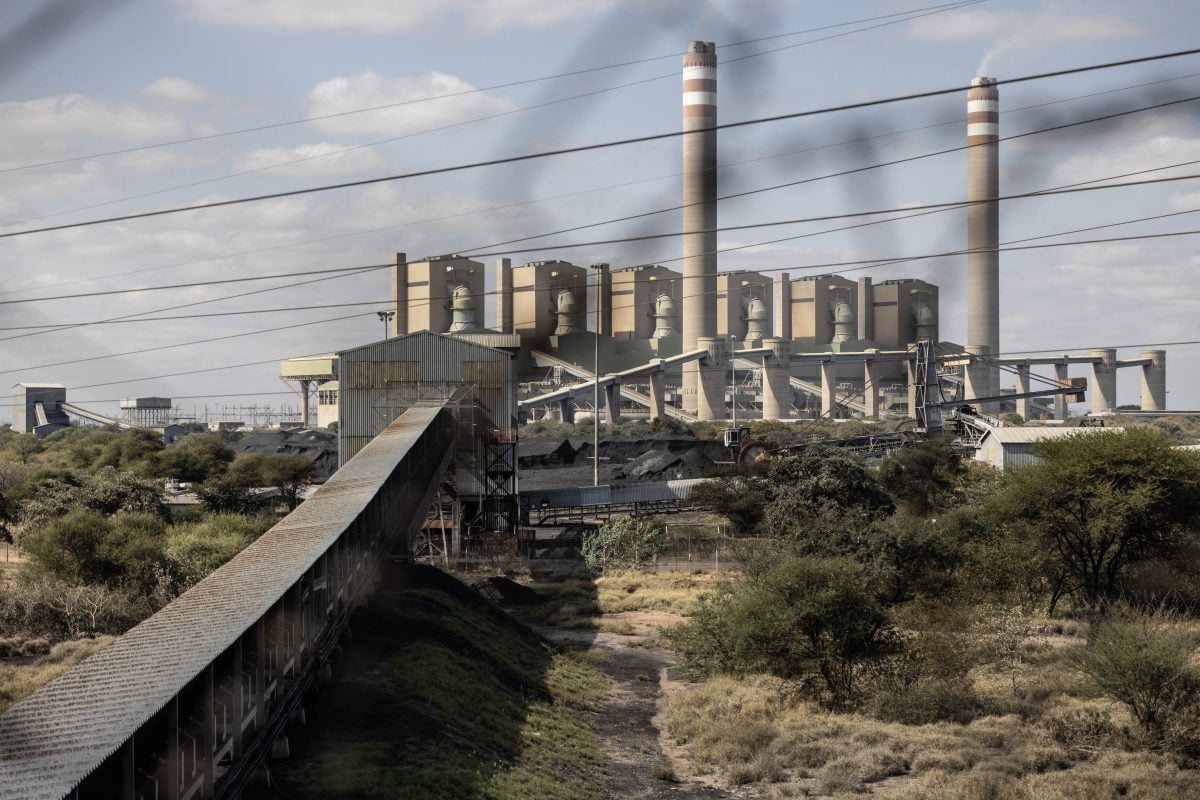Gas has an important role to play in South Africa’s energy transition, Håkan Agnevall, CEO of Helsinki-based energy and marine power company Wärtsilä, told African Business in an interview this week.
But despite the urgent need to bring more power onto the grid amid devastating load-shedding, he warns that the process of procuring gas-fired power units has been “very arduous” in the country.
“There have been tenders – they have been postponed, cancelled, they have been challenged,” he says. “We continue to be engaged in South Africa, but so far few decisions have been made.”
Karpowership, a Turkish company that delivers electricity via gas-fired “powerships” to several African countries, was selected as a preferred bidder for a 20-year contract in South Africa in March 2021. However, various legal and regulatory hurdles have delayed the project and it remains unclear when or if Karpowership will be able to supply power to the country.
Meanwhile, Agnevall notes that South African politicians appear to consider “the whole social dimension of making the transition” as being at “least as important as the sustainability transition”.
Government ministers, including Gwede Mantashe, who had responsibility for energy policy until this year’s election, have openly sought to secure the future of the coal industry, which remains a major source of employment in several provinces, and continues to supply the vast majority of South Africa’s power today (Pictured above: Eskom’s Matimba coal powered power station in Lephalale).
Flexible gas generation an option
Many countries that currently rely on gas for a large share of their power generation are actively working to phase-out the fuel as they look to draw an ever-greater share of power from renewable sources.
But gas-fired power plants, which supply power when intermittent renewables are not generating, are still needed to mitigate the risk of blackouts in many countries, Agnevall argues.
“This is a transition,” he says. “It will take decades.”
Agnevall highlights South Africa as one of the countries that can make use of flexible gas generation. The country has “ample” conditions for both wind and solar power, he notes, which will gradually replace coal generation. Yet, as renewables become more dominant, Agnevall argues that the country will need back-up power sources to cover periods when wind and solar generation is unavailable.
Agnevall says that gas is not the only option for filling gaps in the power supply during periods when solar or wind power cannot meet demand. Wärtsilä also provides battery storage solutions, he says. However, at present, battery storage systems tend to be able to supply power for only relatively brief periods, meaning that alternatives are needed.
Relying solely on power from intermittent renewables and battery storage would be “prohibitively expensive,” says Agnevall.
“I think considering sustainability, both environmental and financial, this is where gas certainly has a role to play – because it would significantly reduce the investments needed, and then you can have even more green power for the same bucks.”
One of the arguments against using gas to balance demand is that gas-fired power stations are likely to end up as “stranded assets” as gas eventually falls out of favour. Agnevall says, however, that Wärtsilä can offer gas generation engines that can be converted to run on “green fuels”, including green hydrogen or green ammonia, in the future.
While he is not clear when these fuels may become viable alternatives to gas, Agnevall believes that the ability to convert gas-fired units to run on green fuels will be key to reducing the risk of investing in new gas-fired assets.
Want to continue reading? Subscribe today.
You've read all your free articles for this month! Subscribe now to enjoy full access to our content.
Digital Monthly
£8.00 / month
Receive full unlimited access to our articles, opinions, podcasts and more.
Digital Yearly
£70.00 / year
Our best value offer - save £26 and gain access to all of our digital content for an entire year!

 Sign in with Google
Sign in with Google 



